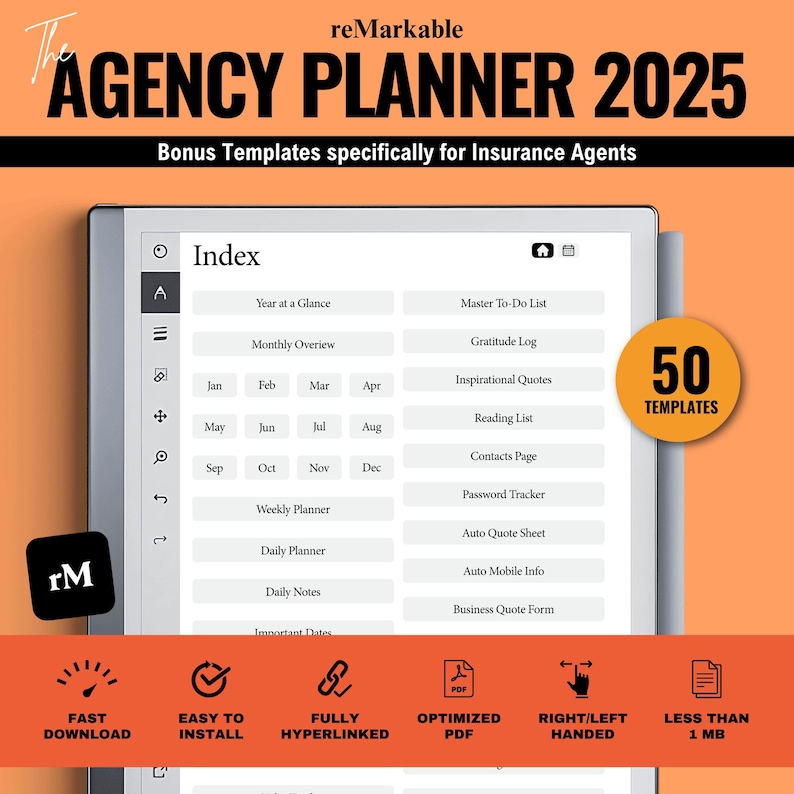When it comes to protecting your home, communication with your insurance provider is crucial—especially if your property is going to be vacant for an extended period. Many homeowners underestimate the importance of notifying their insurer about a vacancy, but failing to do so can have serious consequences. From increased risk of damage to potential claim denials, understanding why vacancy notification matters can save you from costly surprises down the line. In this article, we’ll explore the key reasons why informing your insurer about your property’s vacancy isn’t just a formality, but a vital step in safeguarding your investment.
Table of Contents
- The Financial Risks of Failing to Notify Your Insurer About Vacancy
- Understanding Policy Coverage Limitations During Vacancy Periods
- How Vacancy Affects Claims and Liability Protection
- Best Practices for Keeping Your Insurer Informed and Avoiding Coverage Gaps
- Key Takeaways
The Financial Risks of Failing to Notify Your Insurer About Vacancy
Failing to inform your insurer about a property vacancy can lead to significant financial consequences that many homeowners and landlords overlook. Insurance policies often include strict clauses requiring policyholders to disclose any prolonged period of vacancy. If this notification is neglected, claims related to damages such as theft, vandalism, or water damage might be denied outright. This leaves you entirely responsible for repair costs, which can escalate quickly, especially if damage goes unnoticed during the vacancy period.
Additionally, insurers may increase premiums or even cancel the policy entirely upon discovering undisclosed vacancies, perceiving the risk as higher than initially assessed. Some of the potential financial repercussions include:
- Denial of claims resulting in out-of-pocket expenses
- Higher premiums to compensate for increased risk
- Policy cancellation leading to loss of coverage
- Liabilities for damages to neighboring properties
By promptly notifying your insurer, you maintain transparency, ensure your coverage remains valid, and potentially qualify for specialized vacancy insurance that better fits your property’s risk profile. This small step is crucial to safeguarding your investment and avoiding unexpected financial burdens down the line.
Understanding Policy Coverage Limitations During Vacancy Periods
Property insurance policies often include specific clauses that limit or exclude coverage when a property is vacant. This is because empty properties present a higher risk for issues such as vandalism, theft, undetected water damage, or even squatters. Without proper notification to your insurer, you might unknowingly be operating with reduced or nullified coverage. Many policies require policyholders to inform the insurer if the property will remain unoccupied beyond a certain number of days, typically 30 or 60. Failure to notify can result in claims being denied, leaving you financially vulnerable in the event of damage or loss.
Understanding these limitations is crucial to protecting your investment. Insurers may impose additional conditions or offer vacancy endorsements — specialized add-ons designed to cover risks during vacancy periods. These conditions might include:
- Regular property inspections to verify the property’s condition.
- Enhanced security measures like alarm systems or boarding up windows.
- Suspension of certain coverages, such as vandalism or water damage.
By proactively communicating with your insurer, you ensure clarity around your policy’s status and gain insight into potential adjustments that may be necessary to maintain adequate protection.
How Vacancy Affects Claims and Liability Protection
When a property sits vacant, it inherently becomes a higher risk for a variety of hazards such as vandalism, theft, or unnoticed maintenance issues that can escalate into costly damages. Insurance policies often include specific clauses addressing vacancy status, and failing to inform your insurer can lead to denied claims or reduced coverage. This means that if a loss occurs during the vacancy period, you might not receive the financial protection you expect. Furthermore, many policies require proactive steps, like increased security or regular property inspections, to maintain coverage when a building is unoccupied.
Understanding these nuances is crucial because insurers adjust their liability exposure according to occupancy status. In some cases, liability protection might be limited or excluded entirely if a property is deemed vacant without notification. This shift can leave property owners personally responsible for incidents such as injuries on the premises, resulting in significant out-of-pocket expenses. To avoid surprises, make it a priority to communicate vacancy periods clearly and explore options like vacancy endorsements or specialized policies designed to safeguard unoccupied properties.
- Communicate vacancy status promptly to your insurer
- Review policy terms for vacancy clauses
- Consider vacancy-specific endorsements for extended protection
- Implement recommended security measures during vacancy
Best Practices for Keeping Your Insurer Informed and Avoiding Coverage Gaps
Maintaining transparent communication with your insurer when your property becomes vacant is essential to safeguarding your coverage. Insurers often classify vacant properties as higher risks due to increased vulnerabilities such as vandalism, theft, or undetected damage. By promptly informing your insurer, you enable them to adjust your policy terms accordingly, which can prevent unexpected cancellations or denial of claims. Failure to notify may lead to significant coverage gaps, leaving you financially exposed to losses that your standard policy would typically cover. Key steps to keep your insurer informed include:
- Immediately reporting any vacancy period and anticipated duration
- Providing details about ongoing maintenance or security measures
- Updating your insurer about any changes in property usage or occupancy status
- Reviewing policy provisions specific to vacancy clauses
Beyond notification, consider collaborating with your insurer to explore specialized vacancy endorsements or policies designed to address risks during unoccupied periods. This proactive approach not only ensures continuous protection but can also demonstrate responsible risk management, potentially keeping premium increases to a minimum. Remember, staying ahead with clear communication preserves your coverage integrity, giving you peace of mind throughout your property’s vacancy.
Key Takeaways
In the world of insurance, transparency isn’t just a best practice—it’s a necessity. Notifying your insurer about a property vacancy protects you from unexpected claim denials and potential coverage gaps that could leave you vulnerable. While it might seem like a simple administrative step, updating your insurer ensures your policy accurately reflects the current risk, safeguarding your investment and providing peace of mind. Don’t overlook this crucial detail—keeping your insurer informed is a key part of responsible property management and risk prevention. After all, when it comes to insurance, honesty truly is the best policy.






